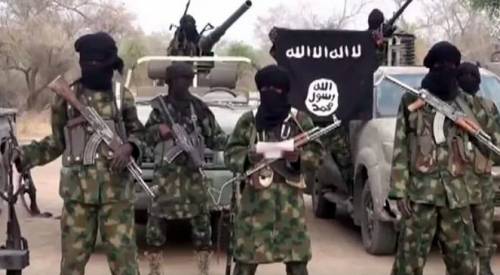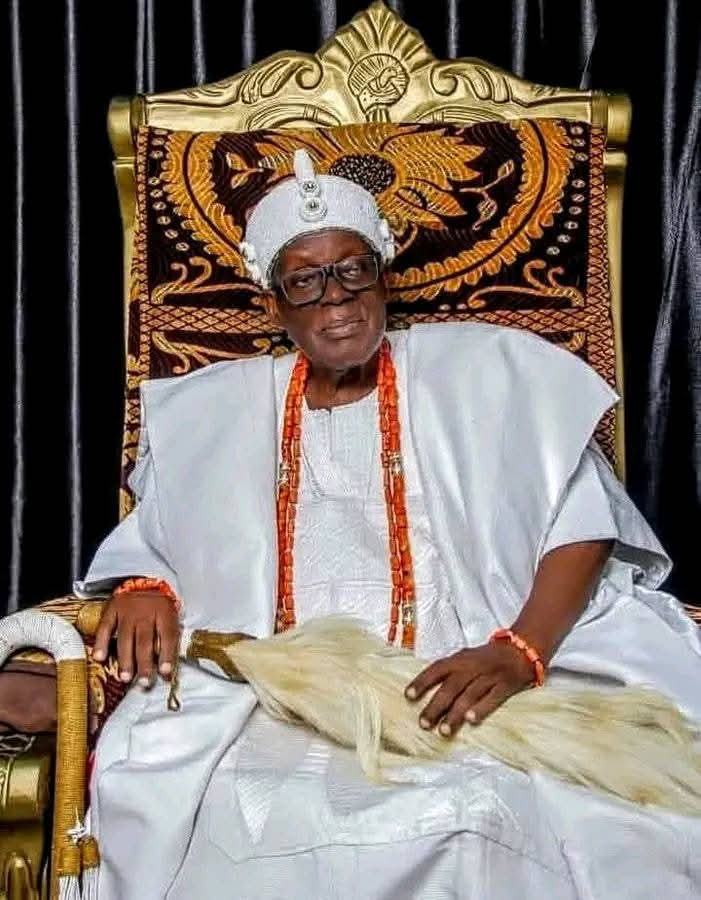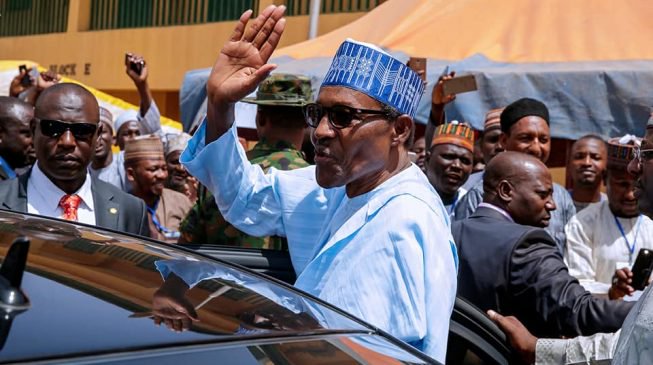Boko Haram was an Islamic sect founded in 2002 by Mallam Mohammed Yusuf in Maiduguri, the capital of the North-eastern state of Borno. Its tenets were built on the “Khawarij sect” ideology, an Islamic group which emerged in the first century of Islam due to the leadership tussle that ensued between Ali and Muawiyah on who to succeed Caliph Uthman, the then Muslims’ president after his demise. The Kharijites( Khawarij members) were previously a rank in Ali’s army before they seceded owing to the latter objection to the diplomatic mechanism adopted by Ali to settling the leadership crisis between him and Muawiyah.
They held the extremely radical position that Ali was a legitimate leader while Muawiyah a rebel who should be fought until he recognized Ali’s authority. Ali’s repudiation to combat his arch opponent made a section of his Army brake away and declare him(Ali) an unbeliever who should be fought alongside Muawiyah with the claim that Ali has breached Allah’s (God) injunction. Subsequently, Ali was assassinated while Muawiyah sustained a fatal injury in an orchestrated attack engineered on them by the Kharijites. This crisis signifies the beginning of disposition of Sharia Law in an extremely radical way.
In tandem with Khawarij sect ideological stance of staging war against the unbelievers and their radical interpretations of Sharia Law, Mallam Mohammad Yusuf began to declare any Nigerian who did not believe in the Boko Haram doctrine as an unbeliever and infidel. The Boko haram primary stance is that westernization is sacrilege. The Nigerian Governments at all levels were declared foes of Islam because the Nigerian Constitution is a western product, likewise, the Nigerian educational system was regarded as fake and sacrilege. Mallam Yusuf embarked on a peaceful campaign and resolute mission to create an Islamic state out of Nigeria and his campaign attracted numerous followers particularly in Borno state.
The group had been propagating its teachings peacefully until its tie with Al-Qaeda, a deadly terrorist group was rumored in 2008. This speculation prompted the Nigerian Government to set up a security force code-named “operation flush” to investigate the Boko Haram activities and this special force report corroborated the allegation levied against the Boko Haram group. Similarly, some lethal weapons and bomb-making equipment were found in the custody of some prominent members of Boko Haram and they were apprehended. Mallam Yusuf described the operation flush arms report as a conspiracy by the Nigerian government and its agents to quench his group. Subsequently, this controversial arrest precipitated a clash between the police and some members of Boko Haram in Borno state which eventually led to Mallam Muhammad Yusuf arrest. He died in the police custody on July 30th, 2009 without any clear-cut report revolving the cause of his death.
The strength and potency of Boko haram conferred mixed reactions after Mallam Yusuf demise. But the popular opinion was that this group backbone had been emasculated, and within a short time frame it would swing into a relic of history. Ironically, the group reconvened under Shekau’s leadership, the second-in-command of their deceased leader.
Boko Haram under Abubakar Shekau auspices was ruthless, cruel and barbaric as it embarked on a spate of bombastic attacks at public places in Borno state till its operational capabilities were extended to some Northern states of Nigeria and neighboring countries.
Boko Haram operations began to attract international attention and become negative cynosures worldwide when the group kidnapped 276 students from the Government Girls’ College Chibok in Borno state on the night April 14th-15th 2014 and seized control of over 20,000 square kilometers of the land mass in three North Eastern states of Borno, Yobe, and Adamawa. Between 2010-2015, the Boko Haram insurgency had claimed over 13,000 lives according to Amnesty International report likewise the Post- Insurgency Recovery and Peace-building Assessment, an intervention program involving the World Bank, European Union and the UN with the affected states estimated the properties extirpated by Boko Haram as $ 5.9 billion. Till today, Boko Haram sect operates in some Northern states of Nigeria although its operational capability has been technically defeated by the Nigerian Army.
According to Malala Yousafzai words “with guns you can kill terrorists, with education you can kill terrorism.” This connotes that an irresistible force may only defeat people behind terrorism while education is the most effective counterterrorism policies. Al-mourabatiun terror group in Senegal, Ansar dine in Mali and Al-Gama’a al-Islamiyya in Egypt were once technically suppressed in the 1990s but later roused and currently at the vanguard of terrorizing their domanial nations. In fact, the Boko Haram sect ideology can be traced to the Maitatsine group crushed in the 1980s and Al-Shabaab sect established in late 1995 by Mallam Abubakar Lawan in Maiduguri but subsequently crushed by the Nigerian Army. Since antiquity every terrorist group has been always guided by an irrational and unsound ideology, in a bid to successfully quench any terrorist group with firearms, its ideology must be well mastered following by formidable, relentless and coordinated campaigns against it on mass media and public debate. Moreover, public institutions curricula at all levels must entail and encompass broad and accurate ideological teachings and researchers while private institutions curricula must be guided with established principles to avoid teachings that might endanger the society. This method has prevented terrorism from reigning in some European and Arabian nations.
The increase in unemployment rate over the years in Nigeria has been contributing to the prevalent proliferation of criminality and terrorism. A popular saying posited that “the devil finds work for idle hands to do.” The National Bureau of Statistics (NBS) report 2017 presented the total numbers of unemployed and underemployed Nigerians as 40.0%. It is pertinent that this vacuum is filled by creating job opportunities and empowering the masses to drastically reduce or prevent the able-bodied men and women from surviving on criminal acts or being drawn into terrorism for livelihood.
Terrorism is a tactic adopted mostly by the affluent individuals and groups who are willing to employ violence to accomplish specific goals. In a bid to aggressively pose threats and adequately mitigate strategies and capacity of these forces, the Nigerian government must maintain an effective cooperation and collaboration between the country’s security intelligence and her international allies in combating terrorism. Also, the country must embark on technological advancements and projects such as the installation of CCTV in every town and public place with proper monitoring, tracking and detective machines and other preventive technological measures capable of uncovering conspiracy against the populace.
In conclusion, the consolidated and concerted effort of Nigerian government at all levels to exterminate terrorism would amount to vanity without the citizens’ unalloyed support. Therefore, to build a final nail in the coffin of terrorism, the Nigerians must be vigilant, compliant and supportive of the government anti-terrorism policies.
Binzak Azeez writes from the faculty of Law O.A.U





